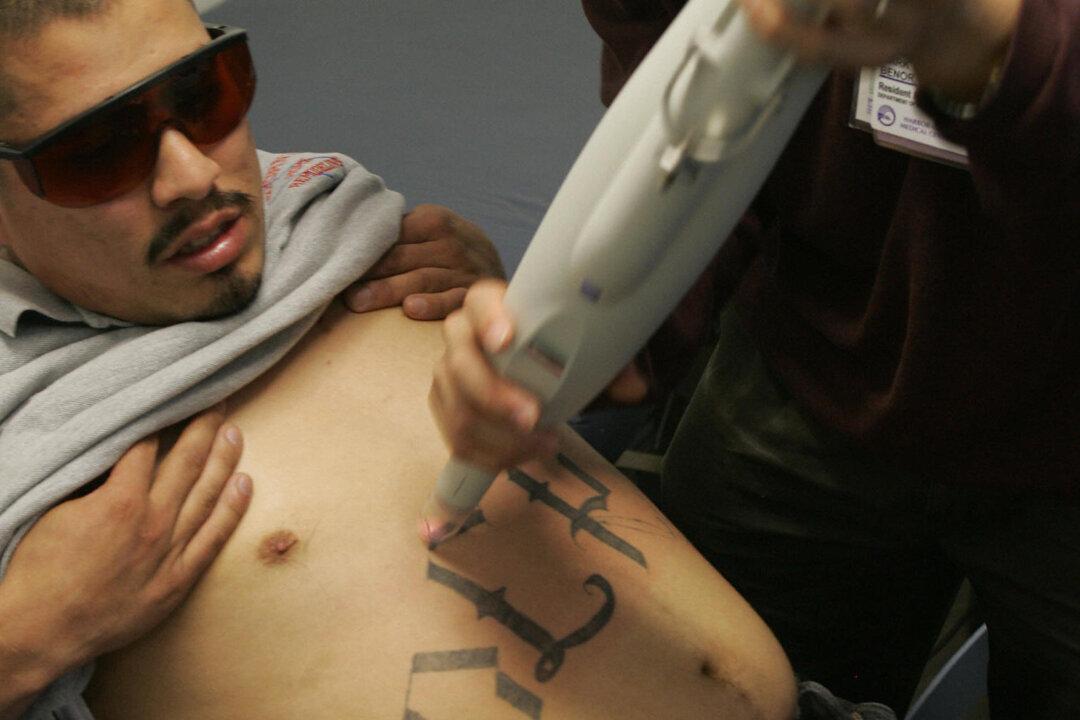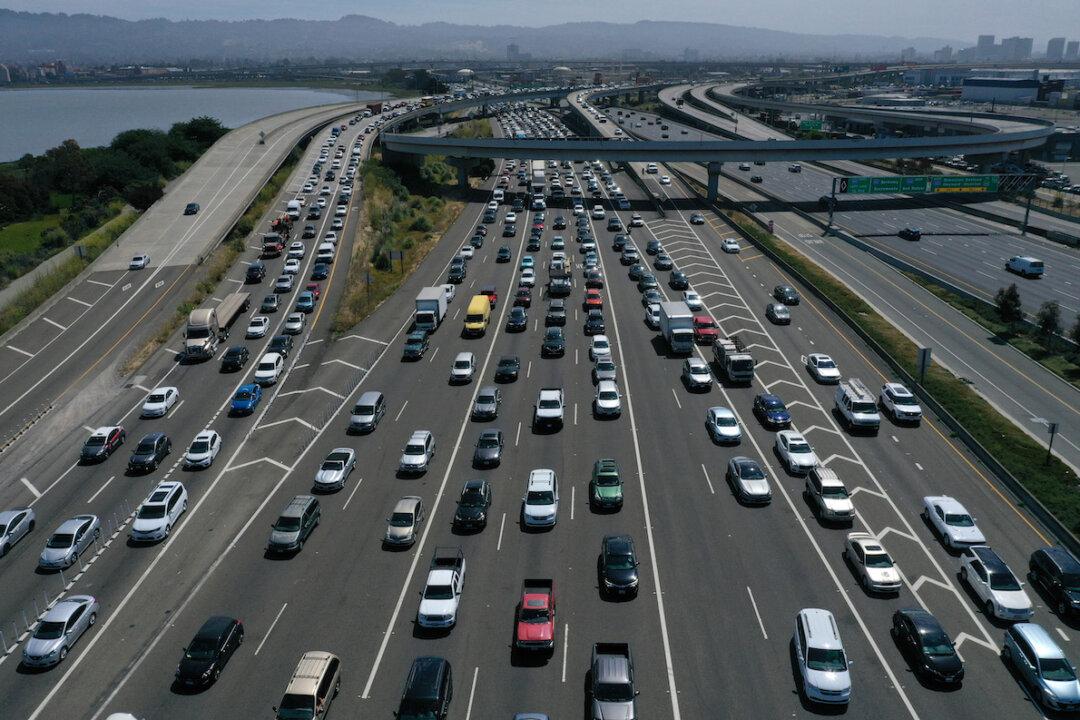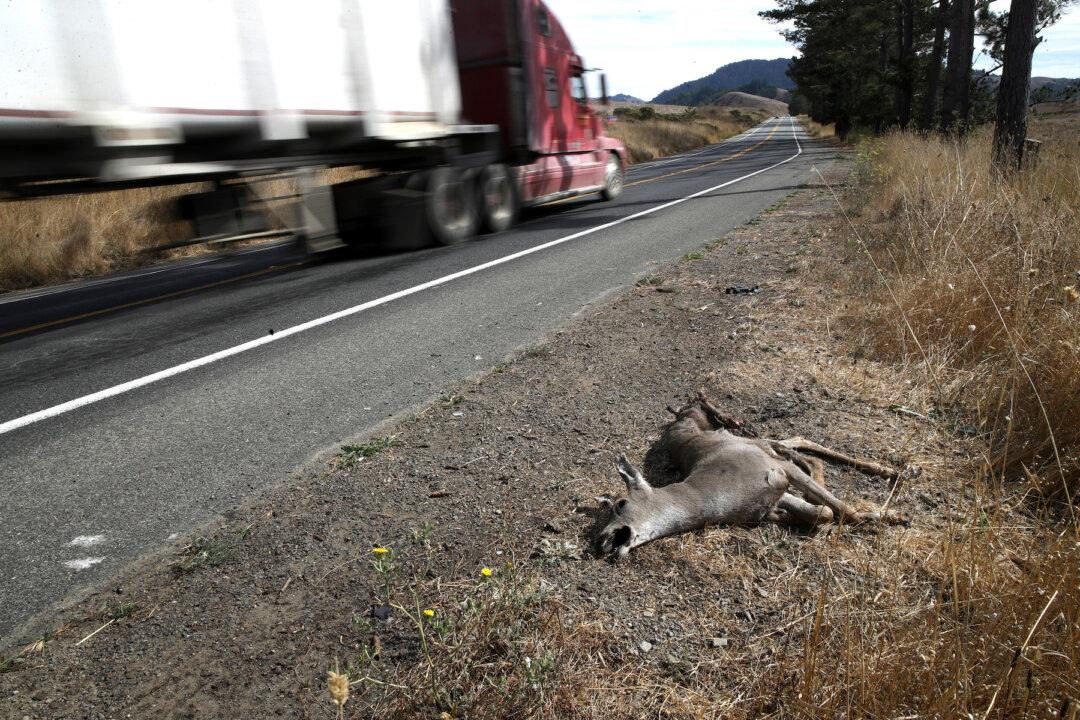After the Trump administration unveiled its new “public charge” rule, which says green cards can be denied to applicants who rely on welfare, two counties in California—Santa Clara and San Francisco—filed suit in a U.S. district court against the administration’s plan.
The state of California, along with several other states, also filed a lawsuit challenging the rule on Aug. 16. The office of California’s State Attorney General Xavier Becerra has now sued the Trump administration more than 55 times.




